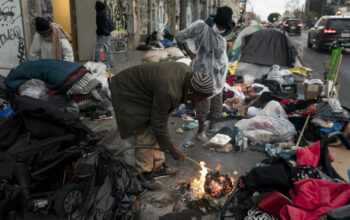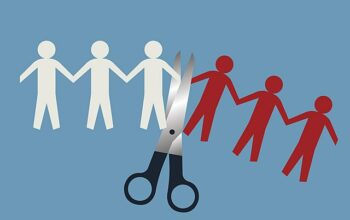Ever since hordes of Americans began fleeing big coastal cities during the pandemic, I’ve been wondering when — or if — they’d return. Sure, things are less expensive in the places they moved to, and the quality of life is often higher.
But more and more, urban refugees have been pining for the things they left behind, from culinary excellence to cultural diversity. Every week it seems like I see a new story about some former San Franciscan or New Yorker regretting their decision to leave.
So recently, when the Census Bureau released its new estimates for domestic migration, I thought we were finally going to see a reversal of the big-city exodus. But I was wrong. From mid-2022 to mid-2023, the bleeding in many big metropolitan areas continued. New York lost 238,000 more people than it gained. The numbers read like casualty reports: 155,000 in Los Angeles, 54,000 in San Francisco, 25,000 in Seattle.
Granted, the urban flight isn’t as bad as the crisis-level hemorrhaging we saw in the first year of the pandemic. But every day, hundreds and hundreds of people continue to forsake America’s greatest cities for smaller, more affordable destinations.
We’ve heard a lot about how the mass migration has been bad for major cities, sending them into a “doom loop” of empty offices and shuttered storefronts. But a new paper coauthored by Enrico Moretti, one of the best thinkers on the geography of jobs, highlights the dangers the migration poses for the very professionals who are ditching big cities.
Moving away from a major city, Moretti found, can be terrible for your career.
Read more here from Business Insider.

















